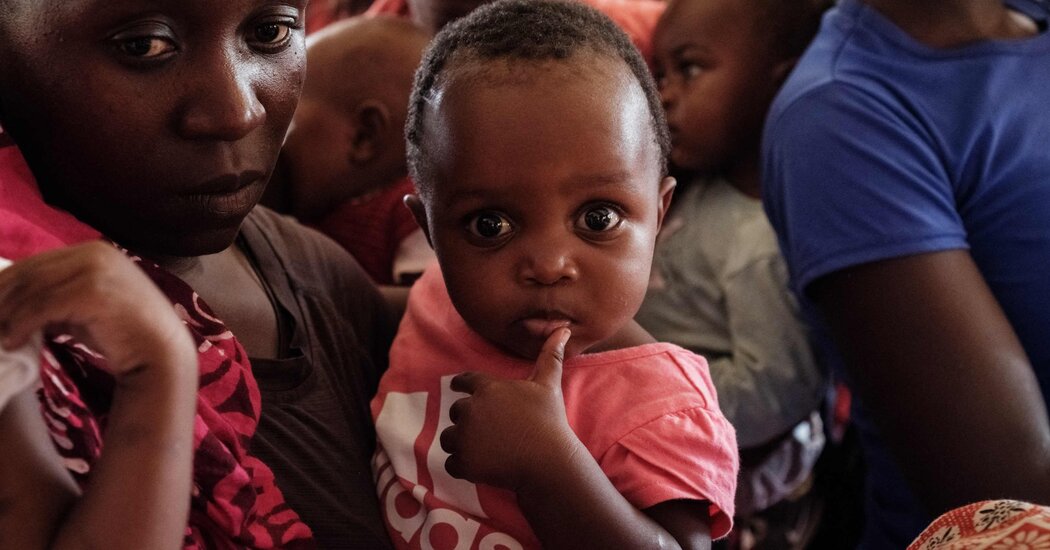The first vaccine for malaria received major regulatory approval in 2015.

The first vaccine for malaria received major regulatory approval in 2015.
It didn’t become part of vaccination programs in Africa until 2024.
What if it had come faster?
What if the shots had arrived
9 years ago?
143,000.
That’s how many children’s deaths could have been averted.
By Stephanie Nolen
Stephanie Nolen interviewed more than 30 scientists, health officials and other key players in the development of the malaria vaccines to report this article.
July 5, 2024
Nurses in countries from Sierra Leone to Cameroon are packing a new vaccine into the coolers they tote to villages for immunization clinics: a shot to protect against malaria, one of the deadliest diseases for children.
Babies and toddlers in eight countries in the region recently started to get the vaccine as part of their routine childhood shots. Seven other African countries are eagerly awaiting its arrival.
This is a milestone in global health.
“Children are receiving the vaccine, and for that, I am the happiest man in the world. But on the other hand, I cannot avoid being dismayed at this inexcusably long delay.”
Then the Gates Foundation pulled its support.
“If you go from very enthusiastic to very unenthusiastic and you’re the Gates Foundation, people pay attention.”
“In hindsight, we could have communicated more often and more clearly about our decisions and listened more clearly to what the impact of those might have been on other institutions and their decisions.”
